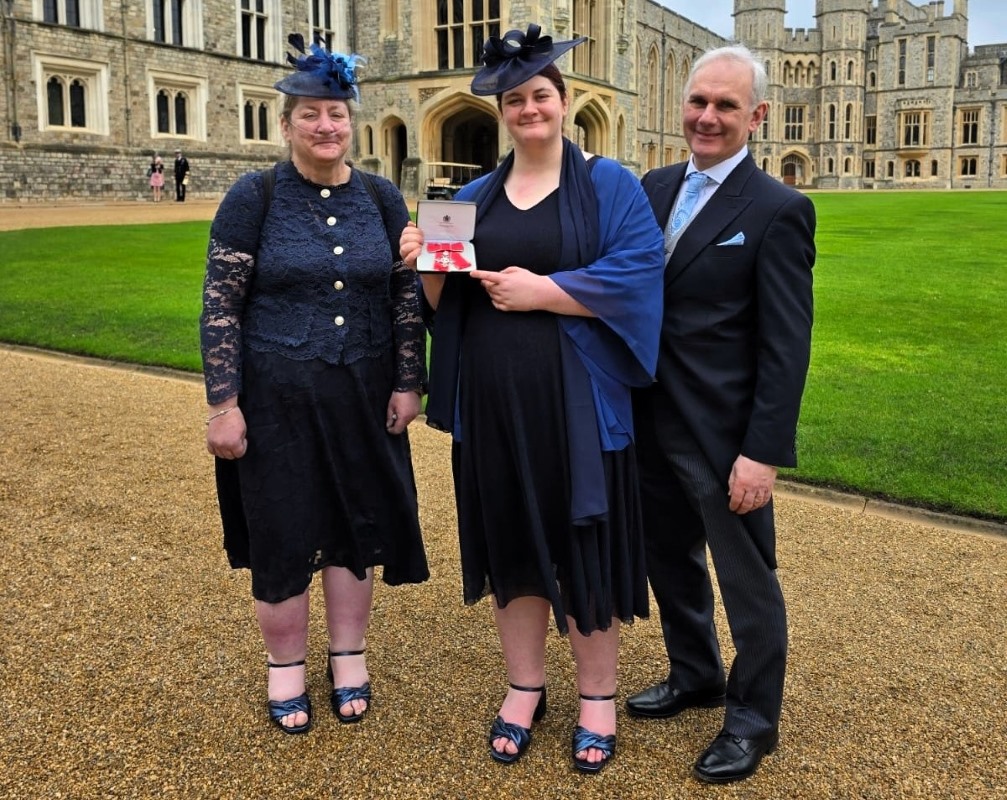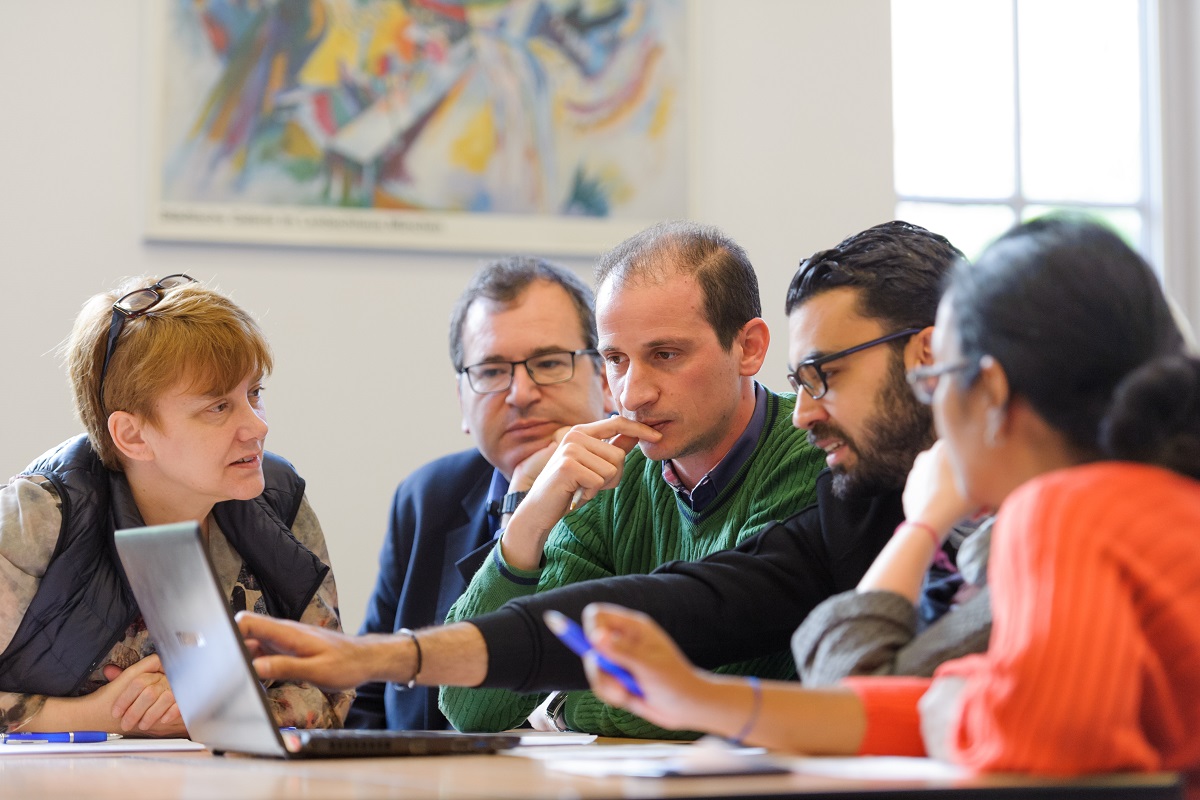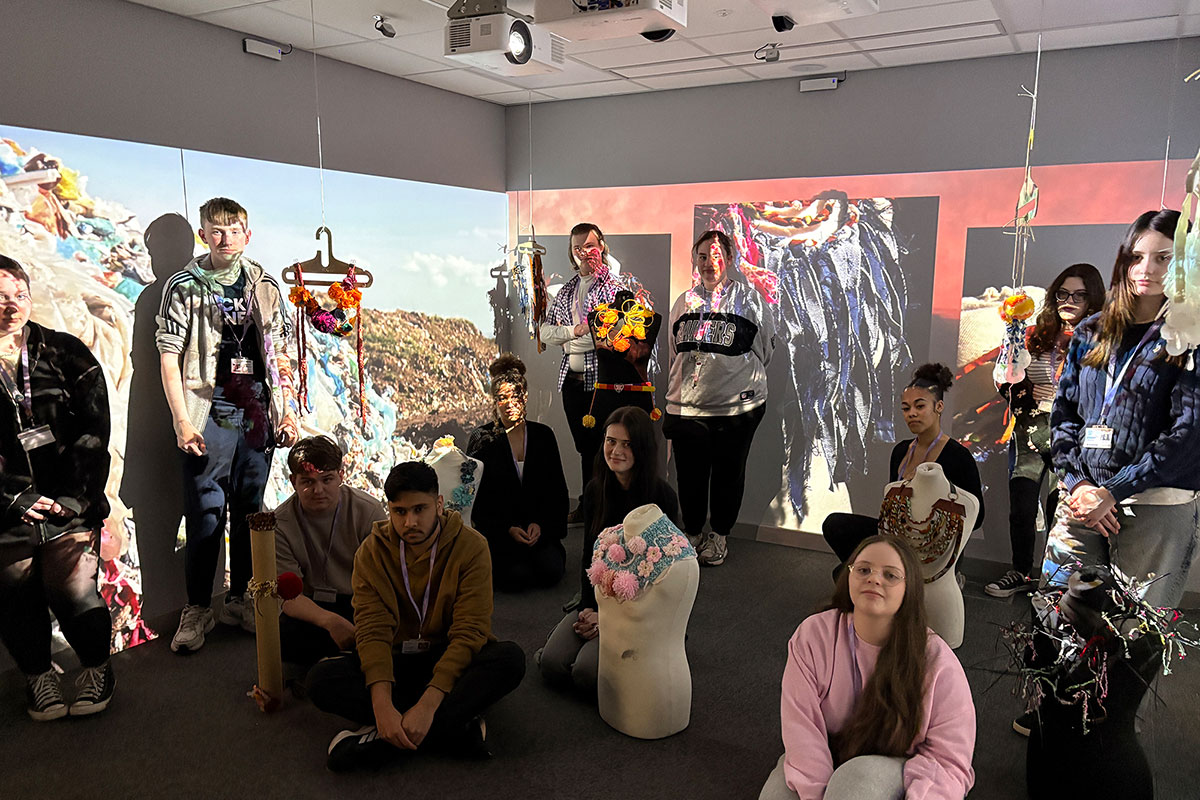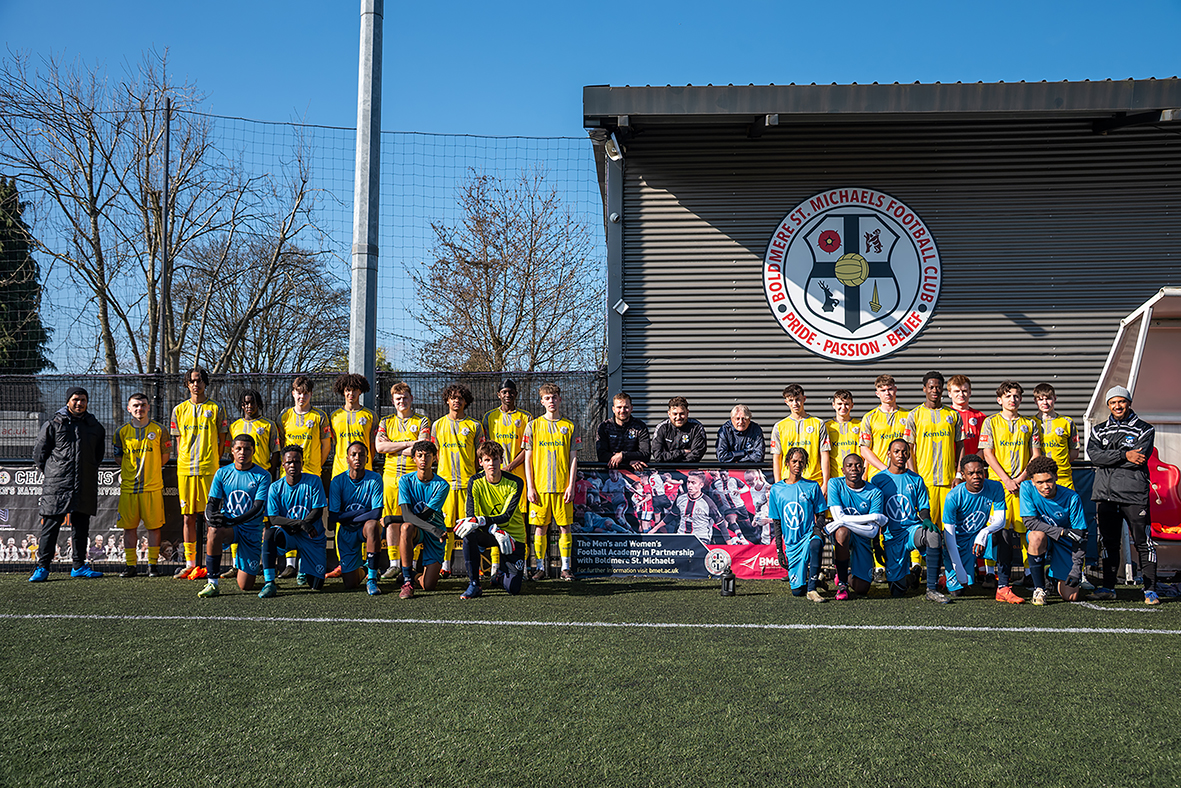New employer board appointed to drive forward technical education ambitions

Business leaders across key sectors in Greater Manchester have been appointed to join a new board, which will galvanise industry to drive forward the city-region’s technical education, skills and work ambitions.
The first Employer Integration Board meeting took place this week (Monday 11 December), marking another step toward Greater Manchester becoming the UK’s first integrated technical education city-region.
Clive Memmott OBE, Chief Executive of Greater Manchester Chamber of Commerce, will co-chair the new board with Lou Cordwell, who is also chair of Greater Manchester’s Business Board (GM LEP).
Clive will lead the first term bringing decades of experience advising and supporting the business community and helping them to create opportunities for a skilled workforce.
The new board represents a powerhouse of businesses committed to sharing sector insight with a view to changing the local skills system so future talent pipelines and their abilities are reflective of the local labour market, ensuring the continued growth of Greater Manchester.
Employers across seven key industries were appointed following a robust shortlisting process. They are:
- Factory International and WPP North – Creative, Culture & Sport
- Booking.com and Cloud Imperium Games – Digital & Technology
- J Murphy & Sons and Siemens Energy Ltd – Construction & Green Economy
- EY and BNY Mellon – Financial & Professional
- NHS GM and Persona Care Support – Health & Social Care
- Nexperia and Miliken & Co – Manufacturing & Engineering
- Manchester Metropolitan University – Education & Early Years
With attendance from the Mayor of Greater Manchester, Andy Burnham, the first meeting explored how businesses could support the development of the Greater Manchester Baccalaureate and raise the prestige of technical and vocational education.
With the Trailblazer Devolution Deal giving Greater Manchester further oversight of post-16 technical skills, local leaders are better able to shape how the city-region supports the one in three young people who do not want to go to university and match them into skilled jobs being created in the local community.
Sector-specific challenges and opportunities identified by the board will be key to driving this forward and will strengthen the Greater Manchester Local Skills Improvement Plan (LSIP), which is a core component of the city-region’s technical education ambitions.
It makes clear connections between employer need and the education and training required to meet them as well as recommending specific actions to better align skills provision with the local labour market.
The Mayor of Greater Manchester, Andy Burnham, said:
“It was really motivating to see the commitment and drive around the room. There was a real hunger to forge change and an excitement to be part of something so pioneering.
“We’ve received overwhelming support from the business community around our technical education ambitions with many business leaders wanting to be in the front seat driving this forward.
“The quality of applications to the board was impressive and the inclusive nature of this work means that all businesses whether selected to sit on the board at this time or not, can still share their expertise and champion the importance of vocational qualifications.
“The board is intended to be a responsive catalyst for new and exciting opportunities and will be led by businesses in order to plug gaps and tackle challenges they’re feeling in their industries. It will also connect young people with real-time workplace experience so they can make informed decisions about what steps to take towards their future.”
Members of the board have been asked to commit to a 12-month term following which, membership and direction will be reviewed.
Speaking about Manchester Metropolitan University’s appointment, Elizabeth Gorb, Director of Apprenticeships said:
“As well as being a large employer in the city, Manchester Metropolitan University also provides a pipeline of skills and talent to the region and beyond, including through our sector-leading degree apprenticeships.
“Through this ‘earn while you learn’ initiative, we are now partnering with over 600 employers: global corporates, public sector organisations and small businesses to plug key skills gaps. It will be fantastic to bring that wide range of experience to support and guide Greater Manchester’s vision for the future of education.”
Clive Memmott OBE said:
“The employers on the board really want to contribute to a deep understanding of sector-based skills needs and be passionate advocates for the skills their sectors need to grow in Greater Manchester. We’re grateful to everybody who took the time to apply, and we look forward to harnessing this commitment as the work progresses.
“This week was the first time that the board was able to come together and think about the tangible outcomes needed to reach our technical education ambitions.
“Following Covid-19, it’s more important than ever that public, private and third sectors work together to support the growth of the city-region through the creation of good jobs and a fit-for-purpose skills system.
“The business community is key to shaping this, so it’s important that members have a sense of ownership as their insights will determine the board’s direction, priorities and outcomes.
“The first meeting served a great reminder of why this work is so important so we can start 2024 motivated, inspired and eager to make real change for the city-region’s skills system and our young people.”
For more information about the city-region’s technical education ambitions, please visit here.











Responses